Understanding Anemia: A Quick Overview
Anemia is a common health condition that occurs when your body doesn't have enough healthy red blood cells or hemoglobin. Hemoglobin is the primary component of red blood cells and it's responsible for carrying oxygen throughout the body. When you're anemic, your body can't get the amount of oxygen it needs to function properly. This can result in fatigue, weakness, shortness of breath, and a variety of other symptoms.
There are several types of anemia, but iron deficiency anemia is the most common. This type of anemia is usually caused by a lack of iron in your diet, an inability to absorb iron, or blood loss. Regardless of the cause, iron supplementation is often a key part of managing this condition.
The Role of Iron in the Body
Iron is a crucial mineral that our bodies need to function properly. It's a major component of hemoglobin and plays a pivotal role in oxygen transport. Without adequate iron, your body can't produce enough healthy red blood cells, leading to anemia.
But iron's role in your health goes beyond just preventing anemia. It's also necessary for growth, development, normal cellular functioning, and the synthesis of some hormones and connective tissue. So, it's not an exaggeration to say that maintaining the right amount of iron is vital for your overall health.
Importance of Iron Supplementation in Anemia Management
If you're diagnosed with iron deficiency anemia, your doctor will likely recommend iron supplements as part of your treatment plan. These supplements can help replenish your body's iron stores, enabling it to produce more red blood cells and hemoglobin.
Iron supplements can come in the form of tablets, capsules, or liquids, and are usually taken one to three times a day. They're a simple and effective way to increase your iron intake, especially if you struggle to get enough from your diet alone. However, it's important to take them under the guidance of a healthcare professional, as too much iron can also be harmful.
Choosing the Right Iron Supplement
With so many iron supplements on the market, it can be overwhelming to choose the right one for you. The type of iron, the dosage, and the formulation can all affect how well your body absorbs the supplement and how it impacts your symptoms.
Usually, iron supplements come in two forms: ferrous and ferric. Ferrous iron salts (like ferrous sulfate, ferrous gluconate, and ferrous fumarate) are better absorbed by your body and are often recommended by doctors. However, they might cause side effects like constipation and nausea. Ferric iron salts are less likely to cause these side effects, but they're also less easily absorbed by your body.
Managing Side Effects and Maximizing Absorption
While iron supplements are generally safe for most people, they can cause side effects like constipation, nausea, vomiting, and stomach pain. To minimize these side effects, it might be helpful to start with a lower dose and gradually increase it. Taking the supplement with food can also help, although this can reduce how much iron your body absorbs.
Some substances can interfere with iron absorption, including calcium, some antacids, and certain types of tea. On the other hand, vitamin C can enhance iron absorption. So, you might find it beneficial to take your iron supplement with a glass of orange juice or another source of vitamin C.
The Role of Diet in Anemia Management
While iron supplements can be a crucial part of managing iron deficiency anemia, they're not the only solution. A balanced diet rich in iron is just as important. Foods like meat, poultry, fish, legumes, dark leafy greens, and iron-enriched cereals can all contribute to your daily iron intake. Combining these foods with sources of vitamin C can also enhance iron absorption.
However, it's important to remember that diet alone might not be enough if you have a severe iron deficiency. In these cases, iron supplements are typically necessary. Always consult with a healthcare professional before starting any new diet or supplementation regimen.
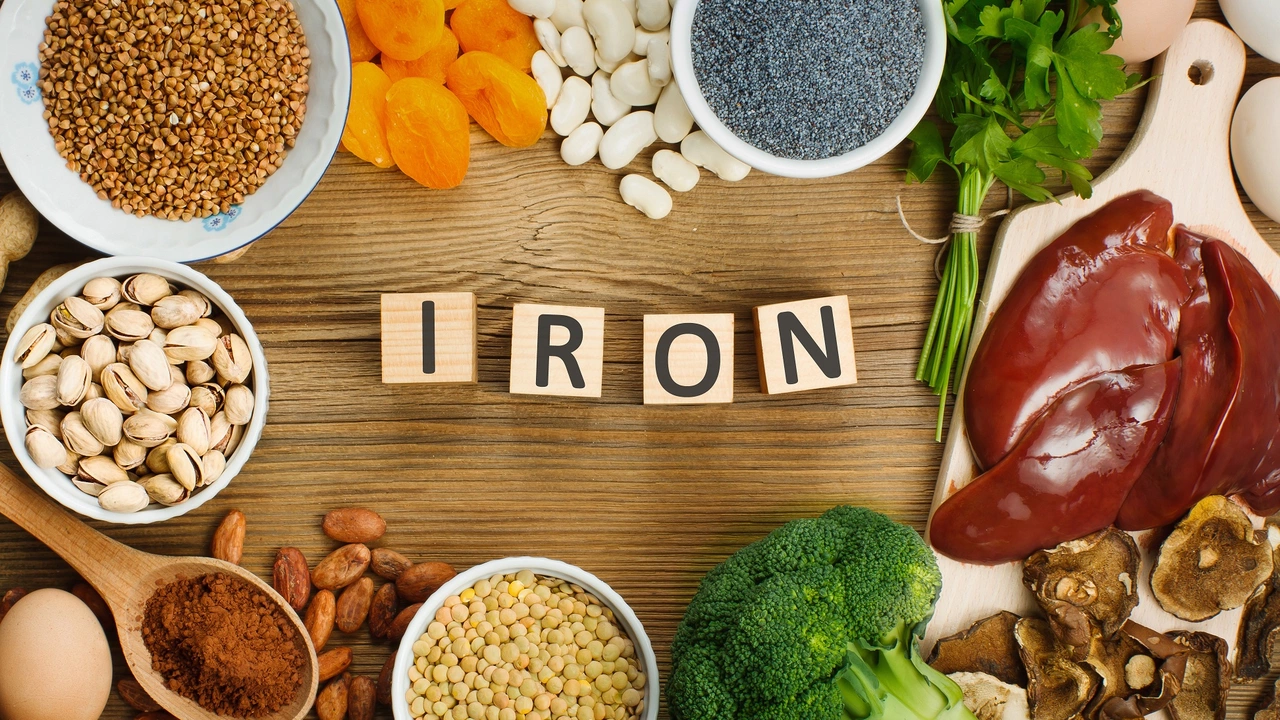

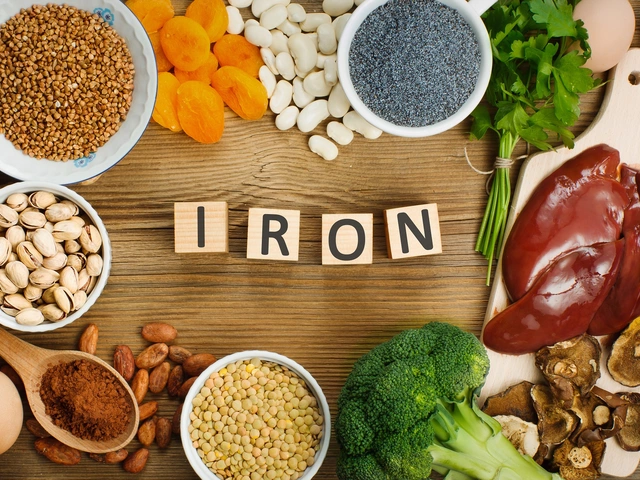
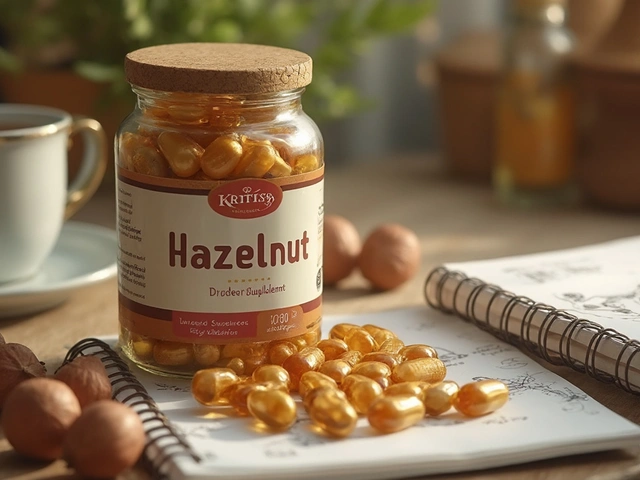

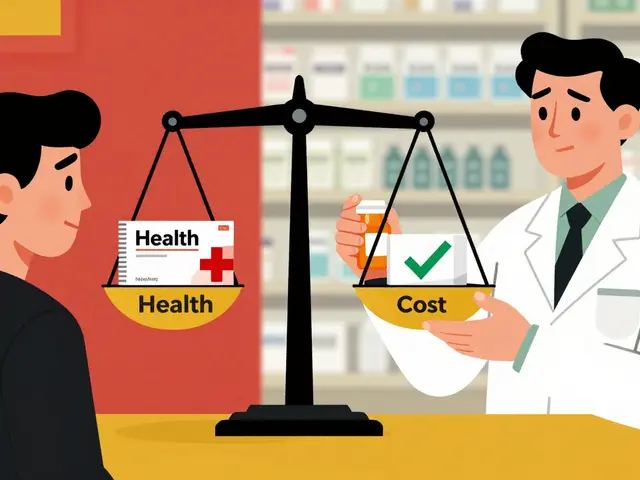

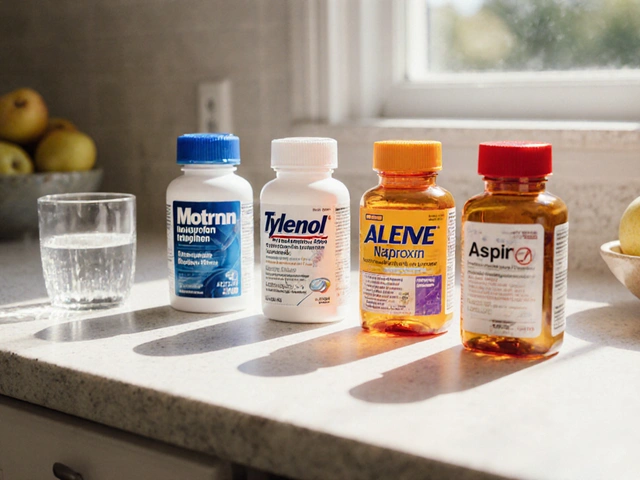


Alisa Hayes July 21, 2023
I appreciate the thorough overview, especially the distinction between ferrous and ferric salts. It’s helpful to know that vitamin C can boost absorption, while calcium may hinder it. For anyone starting supplementation, a gradual dose increase often eases gastrointestinal discomfort.
Mariana L Figueroa July 25, 2023
If you’re new to iron, take a half tablet with orange juice first and watch how your stomach reacts.
mausumi priyadarshini July 28, 2023
Although ferrous salts are highlighted, the piece undervalues ferric preparations, which, despite lower absorption, often cause fewer gastrointestinal issues, so for many patients the trade‑off may be preferable.
Carl Mitchel August 1, 2023
People should not ignore the medical advice embedded in such articles; self‑diagnosing and adjusting iron doses without a doctor’s supervision can lead to iron overload, a condition that damages the liver and heart, and that is simply irresponsible.
Suzette Muller August 4, 2023
From my experience working with patients, pairing iron tablets with a vitamin C‑rich snack in the morning reduces constipation and improves adherence, especially for those who struggle with the metallic taste of some formulations.
Josh SEBRING August 8, 2023
Honestly, most of us just pop a cheap generic ferrous sulfate and forget the fancy vitamin C tip-if it works, who cares about the extra hassle?
Lily Tung August 11, 2023
The pharmacokinetics of elemental iron have been elucidated through rigorous clinical trials. Oral ferrous sulfate remains the gold standard for repletion of depleted stores. Its molecular composition facilitates rapid dissociation in the acidic gastric milieu. Subsequent absorption occurs primarily in the duodenum via divalent metal transporter‑1. The bioavailability of ferric polymaltose, while modest, offers a tolerable alternative for sensitive gastrointestinal tracts. Nonetheless, the literature consistently reports higher hemoglobin increments with ferrous preparations. An often overlooked factor is the diurnal variation in hepcidin levels, which can modulate iron uptake. Administering supplements on an empty stomach can theoretically maximize absorption. However, patient compliance may suffer due to the propensity for nausea and abdominal discomfort. The concomitant ingestion of ascorbic acid serves to maintain iron in its ferrous state, thereby enhancing transport. Conversely, calcium‑rich meals can precipitate the formation of insoluble complexes, diminishing efficacy. Clinicians should therefore contextualize dosing schedules within the broader dietary habits of each individual. For populations with limited access to fortified foods, supplementation remains indispensable. Yet, indiscriminate over‑supplementation may precipitate oxidative stress and organ toxicity. Accordingly, judicious monitoring of serum ferritin and transferrin saturation is indispensable for optimal therapeutic outcomes.
Taryn Bader August 15, 2023
I guess the extra vitamin C tip is optional.
Myra Aguirre August 18, 2023
I’ve seen a lot of people just stick to the basics-iron tablets in the morning and a piece of fruit, and it usually does the trick.
Shawn Towner August 22, 2023
While the consensus leans toward daily dosing, intermittent schedules can be equally effective for certain cohorts, a nuance often missed in mainstream advice.
Ujjwal prakash August 25, 2023
Honestly, many articles like this gloss over the socioeconomic barriers that prevent patients from accessing quality supplements, which, in my view, is a glaring oversight, especially when we talk about global health disparities.